(Outfest 2013 runs July 11th to 21st. Visit the festival’s official website for more information. FULL DISCLOSURE: Paul Sbrizzi is an assistant programmer for Outfest, but wore his reviewer’s cloak of dispassionate objectivity for this piece.)
This year’s Outfest comes right on the heels of the Supreme Court decisions handed down in June—a decisive move forward for LGBT civil rights. Fittingly, the program’s standout films focus on political activism; while last year’s fest featured multiple films about ACT UP and its legacy, this year Outfest has a crop of films that take a look at the new frontiers in the fight for LGBT rights—most remarkably the companion pieces (of sorts) Born This Way and deepsouth. Here’s a rundown of just a few of the festival’s highlights.
Documentaries
In Cameroon a conviction for homosexuality carries a five-year prison sentence, and unlike other countries with perhaps even stricter laws but a don’t-ask-don’t-tell attitude, there’s an active enforcement effort. In Born This Way, directors Shaun Kadlec and Deb Tullman follow two main characters: Cédric, who literally struggles to survive as he starts to get death threats from his homophobic neighbors, and Gertrude, a young lesbian who decides to come out to the Mother Superior at the convent where she was raised. Their mentor is Alice Nkom, a respected human rights lawyer and a woman of dazzling personal power and charisma. The film also has a bone-chilling villain: a slimy tabloid newspaper editor who breaks out in childlike/demonic laughter as he describes his efforts to splash the faces of “homos” across his pages, exposing them to violent repercussions. Unlike a lot of issue-driven docs, Born This Way focuses on high-stakes unfolding narratives rather than talking heads and statistics; in the final act the focus shifts to a lesbian couple in a remote area who are charged with lesbianism and witchcraft, no less. The film’s visual storytelling is inspired, conveying the menace of the city streets at night, the beauty of the countryside, and the humble, cloistered atmosphere of the HIV treatment center where Cédric and Gertrude do their courageous, pioneering work.
Lisa Biagiotti’s deepsouth is another gorgeously shot, soulful effort to shed light on a crucial social issue, in this case right here in the US. It follows characters in the American rural South struggling with governmental/ societal apathy and neglect as the region’s HIV epidemic continues unabated. Kathie is like a character out of Dostoyevsky, forever hobbling to the next meeting on her bad leg, selfless in her determination to get needed resources for AIDS Alabama. Monica and Tammy run an AIDS retreat in Louisiana, with no money and little know-how, cooking the meals themselves. At times the whole endeavor seems about to collapse, but ultimately their most effective tools are their simple, powerful, from-the-heart words of support. Josh is a gem of a young man—sensitive, intelligent and introspective. He shares his all-too-common story of contracting HIV because of his youthful naiveté, and his struggle to find the means to pursue a college education, as well as his experience of finding an alternative family of gay black men—a place where he’s been able to find acceptance. Director Lisa Biagiotti skillfully weaves these stories together to show how local communities strive to do their best but are held back by the underlying issue of poverty.
Outfest will also feature a clutch of high-profile biography films. Jeffrey Schwartz’s I Am Divine chronicles the incredible life story of Harris Glen Milstead, the chubby, gay, bullied Baltimore teenager who went on to become the outrageous underground movie star Divine in the classic John Waters movies of the ‘70s and beyond. It’s a comprehensive piece, featuring behind-the-scenes archival footage and interviews with Waters, Mink Stole, and most of the surviving key players in Divine’s life, including, most memorably, Divine’s mother.
Big Joy: The Adventures of James Broughton follows the life trajectory of the seminal San Francisco Renaissance / beat poet turned iconic ‘60s filmmaker. Broughton based his work on wonder, silliness, free thinking, and childlike innocence, and achieved his greatest notoriety with the 1968 experimental film The Bed. Directors Eric Slade, Stephen Silha and Dawn Logsdon have dug up and assembled a wealth of rich documentation, and convey Broughton’s spirit by using his own words, taken from his journal, as narration. An eye-opening trip across some of the great cultural movements of 20th Century California, Big Joy reaches its dramatic climax in parallel interviews with Broughton’s wife Suzanna Hart, who never recovered from their break-up, and Joel Singer, the man he left her for when he was 61 and Singer was 26.
In Gore Vidal: The United States of Amnesia, director Nicholas Wrathall takes a comprehensive look at Vidal’s explosive effect on American culture and politics, which started with his gay-themed novel The City and the Pillar (published, incredibly, in 1948), and arguably reached its pinnacle in his legendary 1968 television debates with William F. Buckley, of whom he remarks, “To say arch-rival is an indication that he was an equal of mine. He wasn’t, and I think even he knew that. He was a clown.” But the heart of the film is a series of interviews conducted shortly before Vidal’s death—a look at a man of great gifts, who has lived his life large and in public, confronted with humbling personal losses but remaining committed and defiant in his mission to use his sharp tongue to lay waste to American political hypocrisy.
In Lesbiana: A Parallel Revolution, director Myriam Fougère documents the rise of lesbian-feminist thought, culture, and community in the 1970s, finding fascinating period footage (with a unique sub-flavor of ‘70s visual style) and interviewing a range of women who took part in that largely-forgotten era. Lesbiana takes you back to the thrilling source of the kind of radical discourse that has devolved to a large extent into grey political correctness. But what’s perhaps most compelling are these women’s accounts of finally finding a world that made sense to them and in which they belonged.
In the 1960s, Steve Ostrow revolutionized interstate lending by taking advantage of a legal loophole. The Feds charged him with mail fraud (he was eventually acquitted), and while the case was pending he came up with the idea of opening a gay bathhouse that treated its customers with dignity and respect, something unheard of in those days. Continental, directed by Malcolm Ingram, tells the story of how the Continental Baths became a wildly popular and fashionable place where the New York cognoscenti rubbed elbows with a newly liberated population of gay men looking for sex. The surviving archival footage of the bathhouse itself is minimal, fuzzy and grainy, and takes the mythology of the place into the realm of something dreamed. Sadly, neither Bette Midler nor Barry Manilow—who launched their careers at the Continental’s legendary cabaret—turn up to share their memories, but otherwise there’s a wealth of testimonials, and Ostrow himself, who went on to a career as an opera singer (!) is a larger-than-life, candid and thoughtful subject.
PJ Raval’s Before You Know It delves into the unfolding dramatic events in the lives of three older gay men. Far from attempting any kind of comprehensive overview of gayging, the film simply focuses on the dreams and ambitions, fears and coping mechanisms of these particular characters. Ty is a thoughtful and highly self-aware 60-something LGBT activist; as his best friend makes preparations to get married, Ty is confronted with his own boyfriend Stanton’s refusal to take that step. Ty has a series of beautifully raw conversations with Stanton and his best friend that bring to light the new issues of trust and commitment that lesbians and gays now find themselves addressing as same-sex marriage is legalized. Robert—aka Robert the Mouth, the ugliest girl in the South—is a bar owner in Galveston, TX. Robert’s Lafitte is a classic example of a dying breed of relaxed, drag-friendly, everyone-welcome gay bar. The film follows Robert at a time of uncharacteristic vulnerability, during a court case that could cause him and the community to lose the place they’ve called home for decades. Dennis has the most intense storyline: at age 80, he’s just coming out of the closet as a gay man and a cross-dresser. His humble and mostly unsuccessful attempts at connecting with other men are unbearably poignant. But the moments in which he does find social acceptance—like when he gets asked for his picture after walking awkwardly into a drag party in pink patent-leather go-go boots—are all the more touching.
Narratives
More a conceptual art project than a proper film, whatever that is, Interior. Leather Bar. famously re-imagines the 40 minutes of footage that William Friedkin cut out of his 1980 film Cruising in order to get an “R” rating. It’s co-directed by James Franco and Travis Matthews, and there’s a strong thematic element of celebrity culture and the kind of power it wields, particularly in Los Angeles: cast and crew repeatedly voice their excitement about working with Franco, some of them hoping to have sex with him or see him naked. The straight actor playing the Pacino role is ambivalent about being thrust into a (homo)sexually-charged situation, thus mirroring Pacino’s situation in the original film. A lot of Interior. Leather Bar. is ostensibly behind-the scenes footage, but it’s unclear how much of it is mediated, which is just one aspect of the meta-ness of it all. But in the midst of all the funhouse mirrors, Franco gives a very straightforward and heartfelt explanation of his interest in gay sexuality: he wants to be free of societal conditioning in his sexual habits and attitudes. It makes you wonder if Friedkin felt the same way.
Jun Robles Lana’s Bwakaw is a remarkably restrained and naturalistic entry in the expanding catalogue of gay-themed Filipino films. It has a novelistic scope, focusing on René, an elderly gay man living in a stilt house with no one to care for but his dog Bwakaw. There’s a bit of campy comedy in his bitchy war of words with an old hairdresser friend and his queeny employee, but Bwakaw is primarily a film about the passions and yearnings that live on behind René’s caustic exterior. When he meets a clueless married taxi driver, a series of angry exchanges soon turn into friendship and more, and for René a lifetime of pent-up emotions start to boil over.
In Stephant Lacant’s Free Fall, two German cops, one of whom is married and expecting a baby, fall into a torrid affair. Lacant and his cast deliver a beautifully rendered eroticism to the highly-charged scenario; lead actor Hanno Koffler in particular is a white-hot revelation, bringing an earnest, smoldering intensity to his role and fully committing to both gay and straight sex scenes. Max Riemelt is also excellent as Kay, the male temptress who initiates the affair but soon finds himself dealing with insecurities of his own. The film skillfully builds story from character, twisting into surprising directions, right up to its lovely, poetic conclusion.
Shorts
In Hard, director Vanessa Roveto plays a wildly overconfident narcissist who convincingly tells a made-up story about hanging out with Kristen Stewart (“she said ‘call me K-Stew’”). Vanessa R totally nails her character, with fantastic comedic timing and an absurdist sense of style.
With Tableau, director Nao Bustamante takes a bold step into audience-friendly experimental film. JT is a self-important hipster filmmaker who enlists the manipulative and terrifyingly cow-eyed teenage girl next door to act in his film. Their brilliant mismatch generates plenty of disturbingly dry comedy, and the film’s surreal detours and flourishes are equally inspired.
In Tim Marshall’s Gorilla, a young gay couple goes on a romantic camping trip that culminates in a mysterious dance in a gorilla mask by the woman who happens to tag along with them. It’s a beautifully acted film with a simply staged, surreal, magical/mystical dimension to it. It holds onto its mystery while giving the viewer plenty of imagery to fire the imagination.
Several episodes of Ingrid Jungermann’s web series F to 7th—in which she finds martini-dry comedy in the indignities suffered by a single, middle-aged New York lesbian—are sprinkled throughout the shorts programs.
Beautiful, angry, rail-thin lesbians (Élodie Bouchez and Marisa Tomei) decked out in designer fashions trade vicious barbs as they try to mediate their divorce in Stuart Blumberg’s She Said, She Said. It’s very funny stuff, and should fit just about anyone’s definition of hotness.
In …Or Die! by Gregory Bonsignore and John Petaja, a group of Indian comics re-create their real-life experience pitching ideas to a well-known comedy website; it’s hilariously sharp and a well-deserved skewering of the kind of inane guy culture that suffocates human intelligence in certain parts of Hollywood.
— Paul Sbrizzi







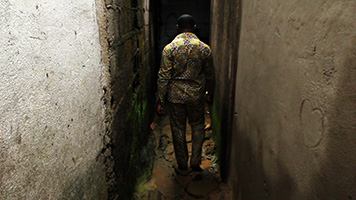
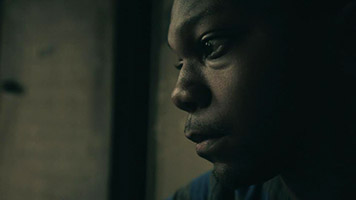
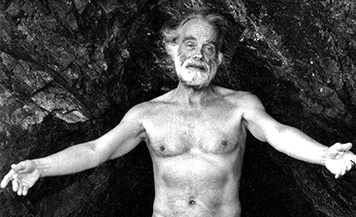
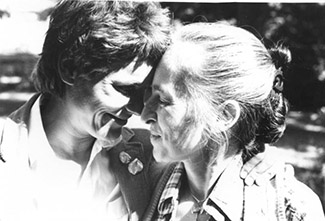
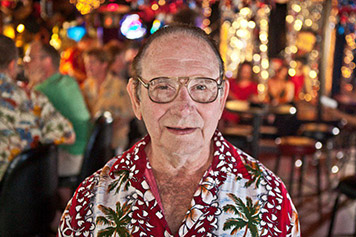
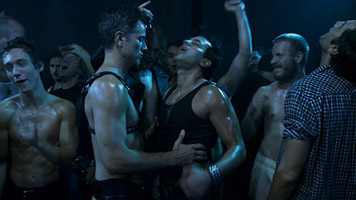
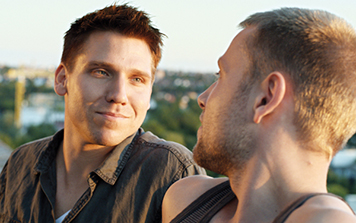
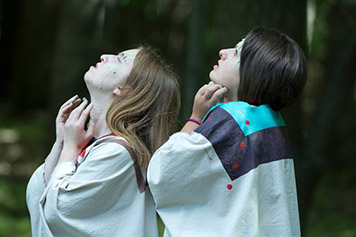

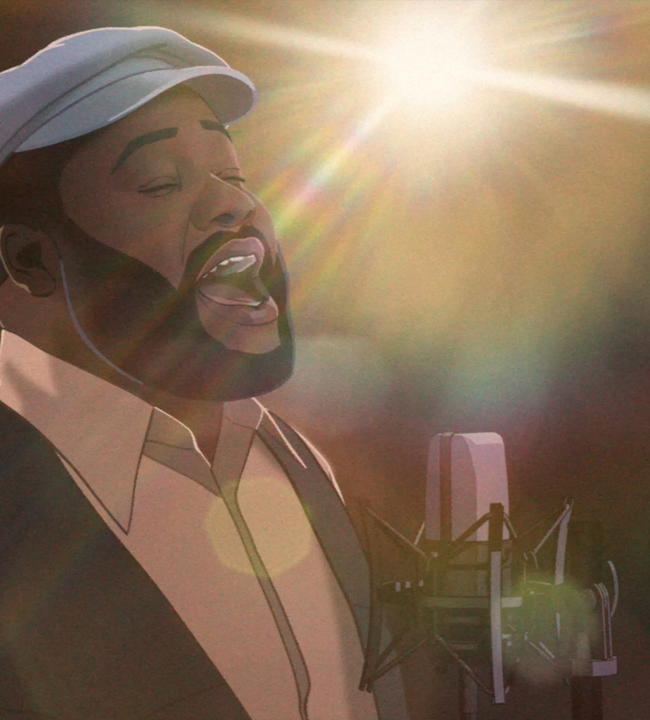
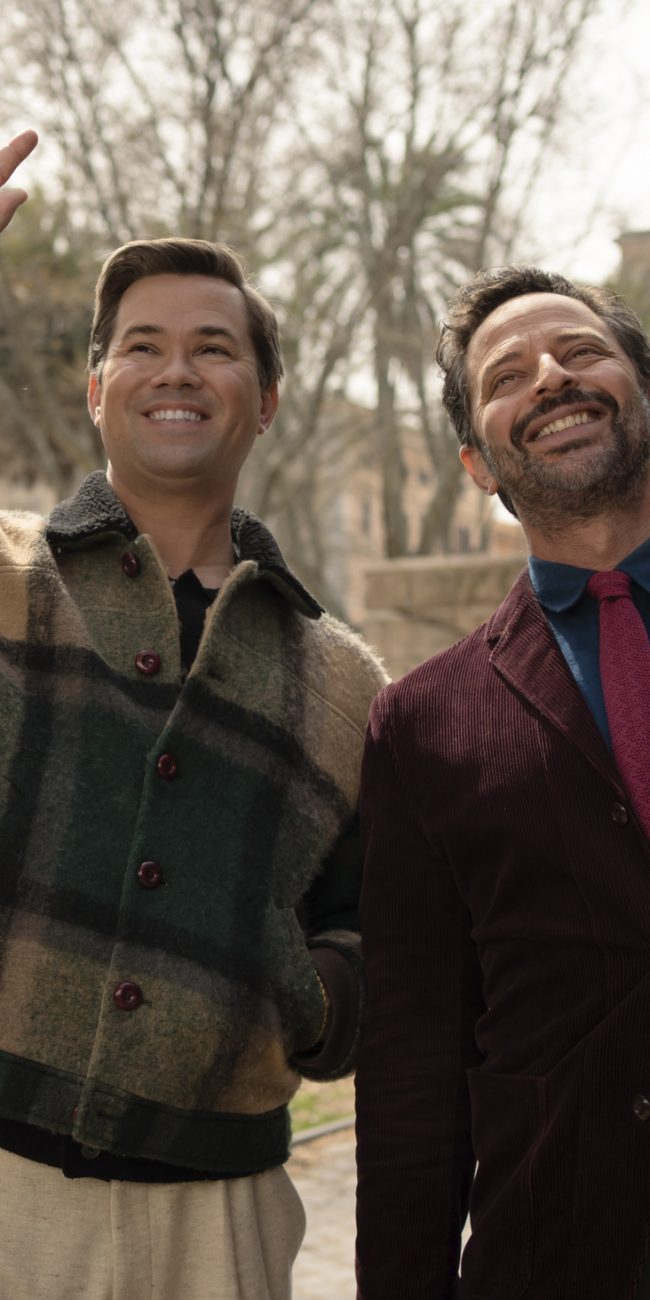


tully
I’d like to point out that I finally caught up with Clay Liford’s short film S/ash this week and thought it was pretty hilarious, so be on the lookout for that one, Outfest attendees!
Anonymous
Don’t miss Big Joy or Gore Vidal: States of Amnesia. These were 2 of the best docs at Frameline this year.